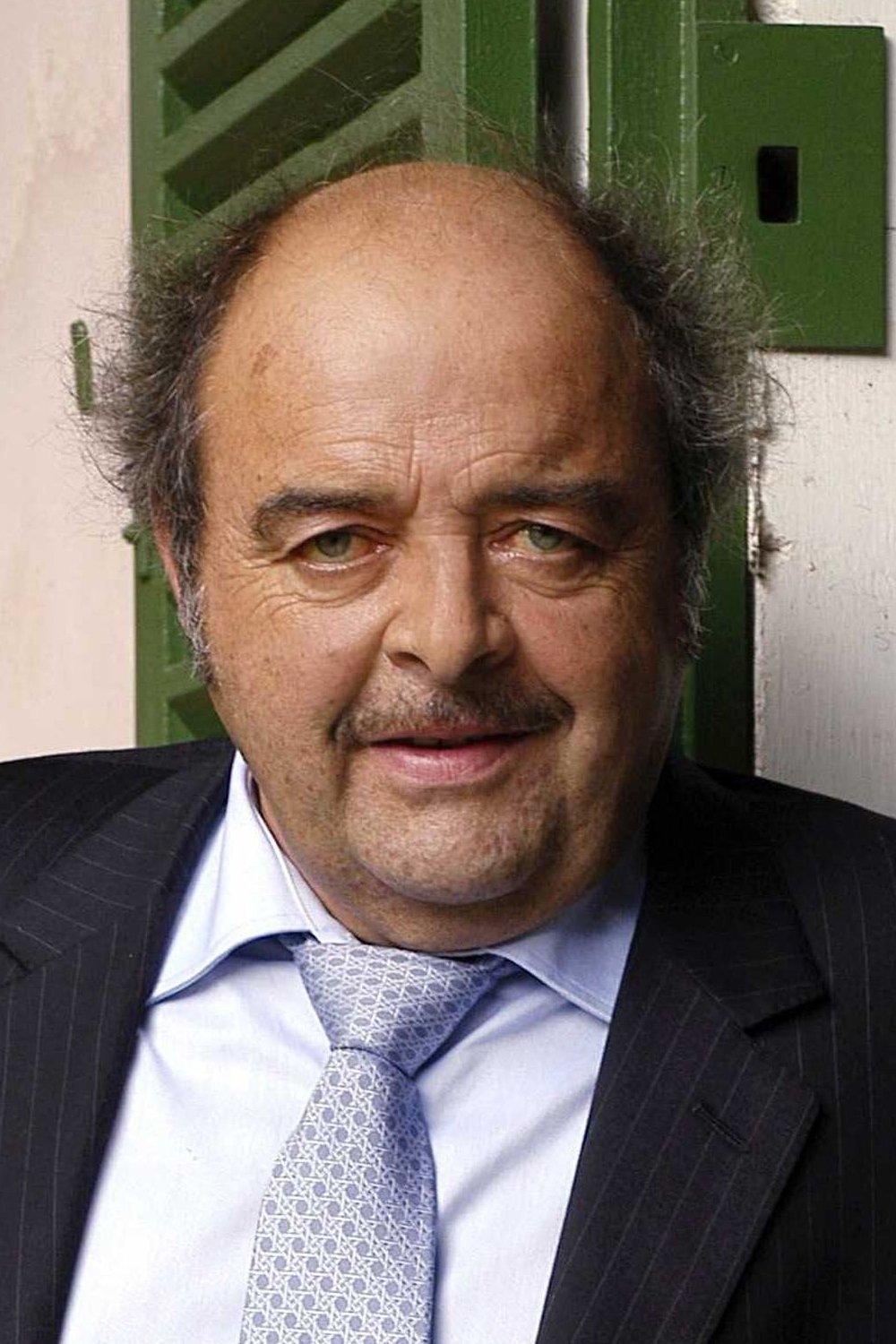
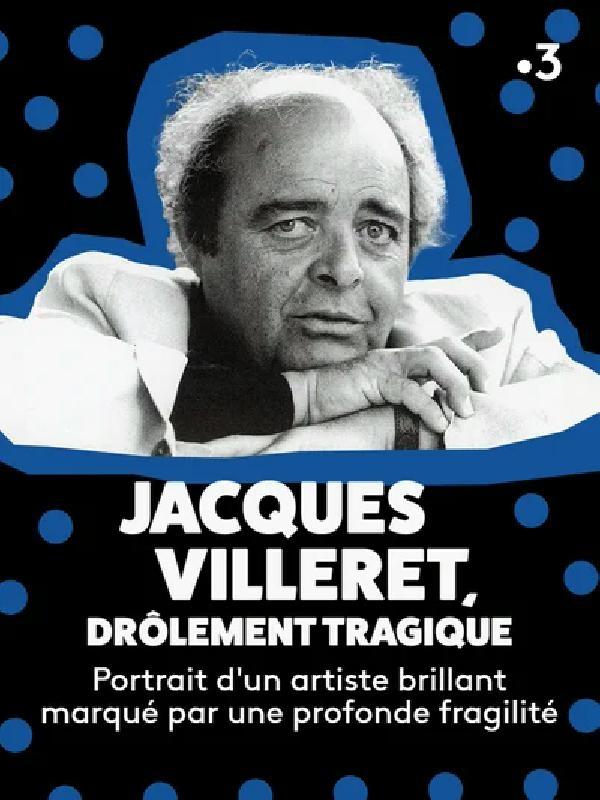
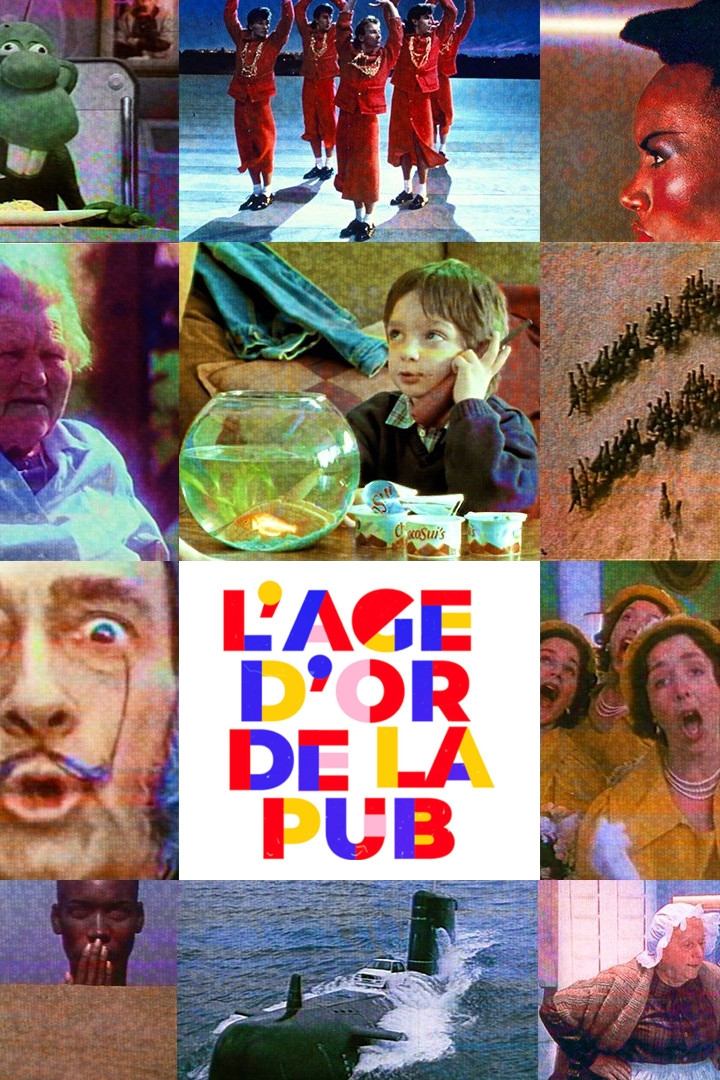

In May 1974, Valéry Giscard d'Estaing became President of the Republic and wanted to bring about a new era of modernity. One of his first decisions was to break up the ORTF with the creation of three new television channels: TF1, Antenne 2 and FR3. Three new public channels but autonomous and competing. It is a race for the audience which is engaged then, and from now on the channels will make the war! This competition will give birth to a real golden age for television programs, with variety shows in the forefront. The stars of the song are going to invade the living rooms of the French for their biggest pleasure. This unedited documentary tells the story of the metamorphosis of this television of the early 1970s, between freedom of tone, scandals, political intrigues and programs that have become mythical.
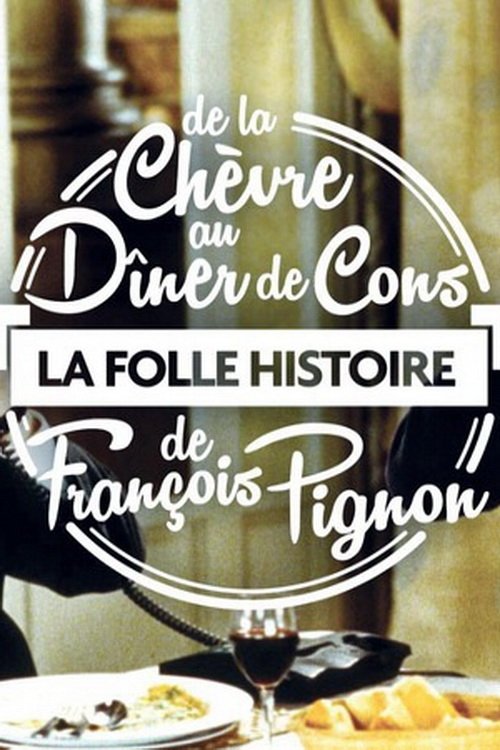
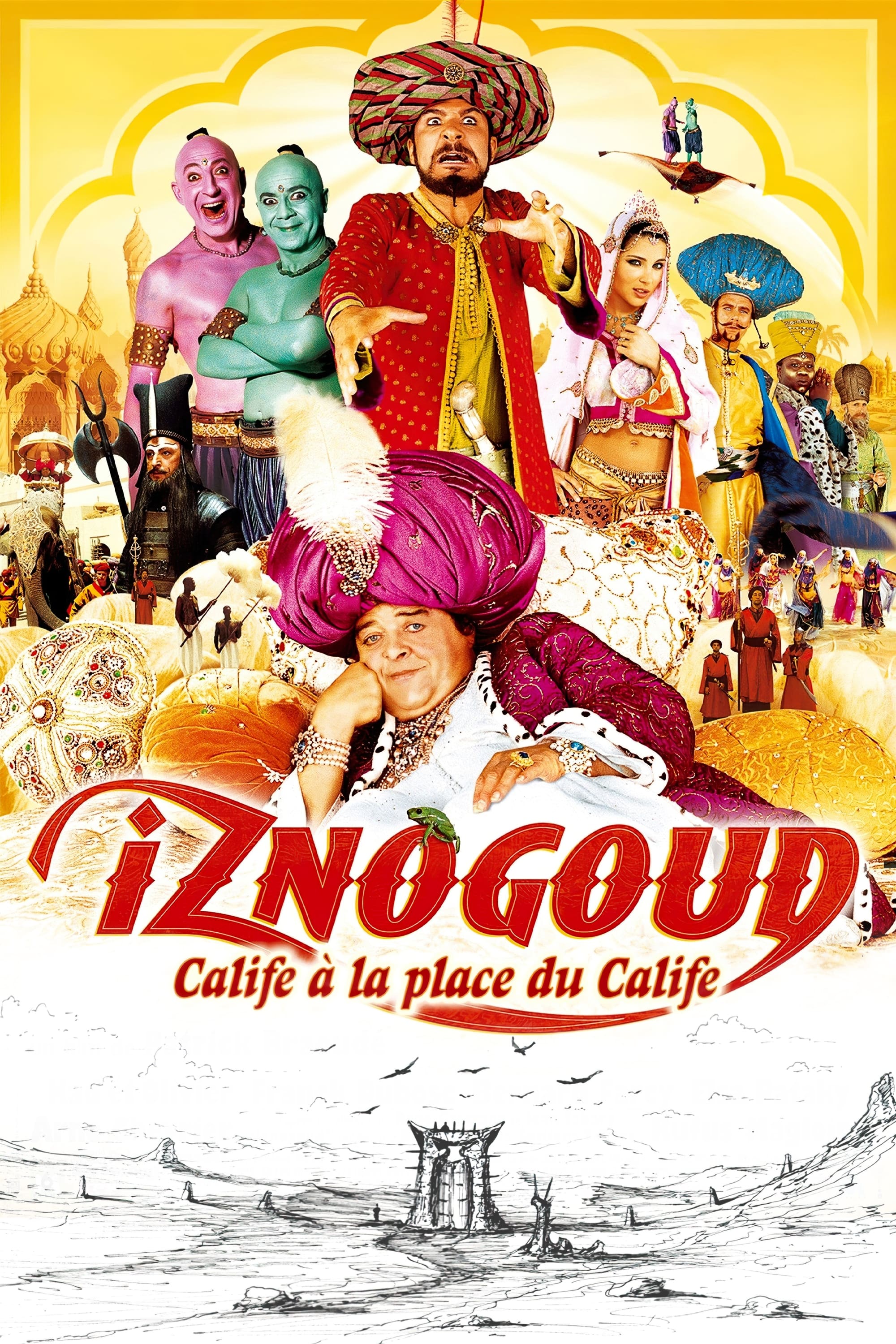
In Baghdad the Magnificent reigns Haroun al Plassid, who is the Caliph. There also dwells Iznogoud, who wants to be the Caliph. The irascible Grand Vizier hatches plot after plot to remove his ruler and take his place—melting Djinn, invisibility spell, cursed diamond, voodoo doll… But no amount of cunning or obstinacy can make up for sheer, hilariously bad luck.
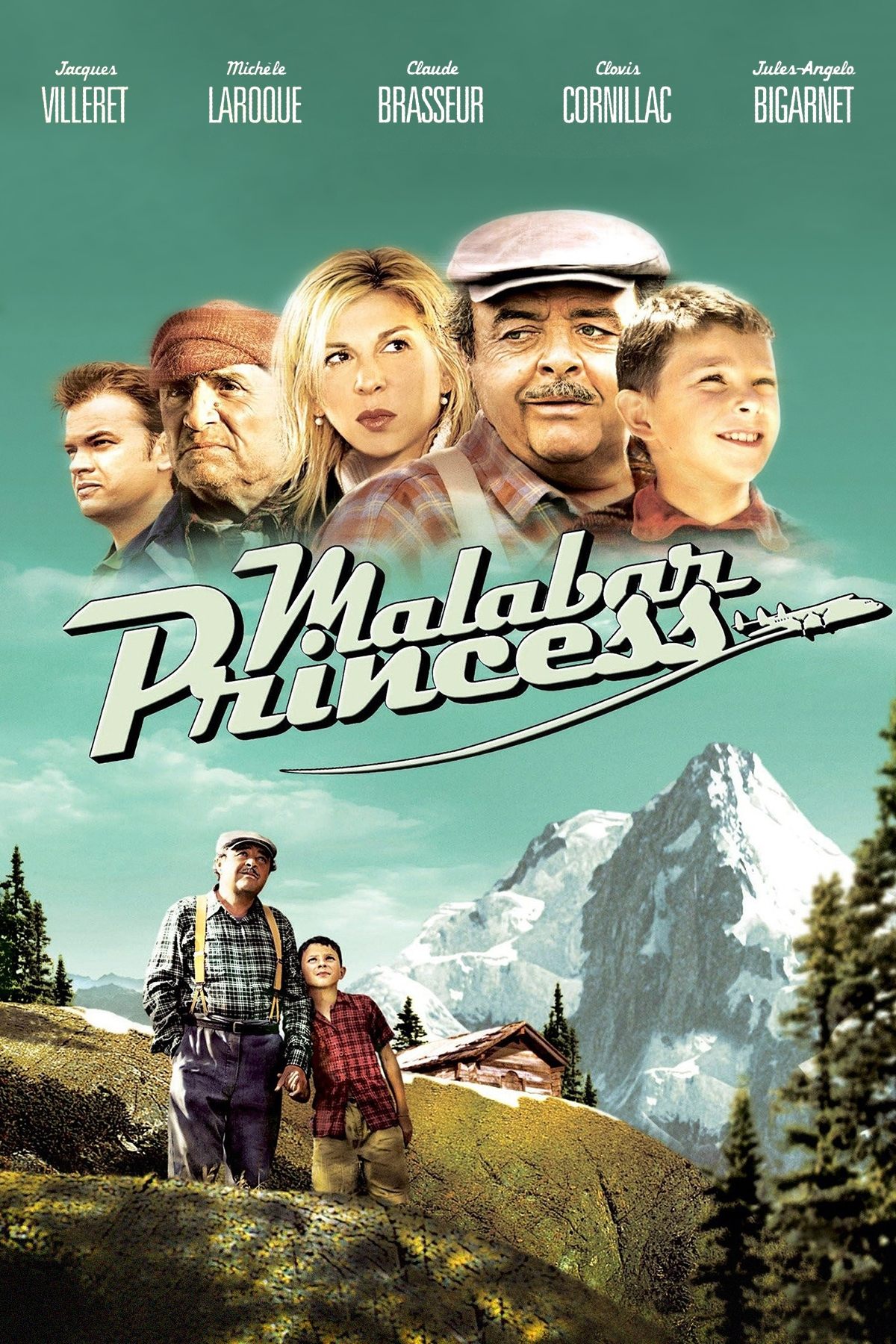
A man leaves his 8-year old son with his father-in-law who lives near the glacier where the boy's mother died.
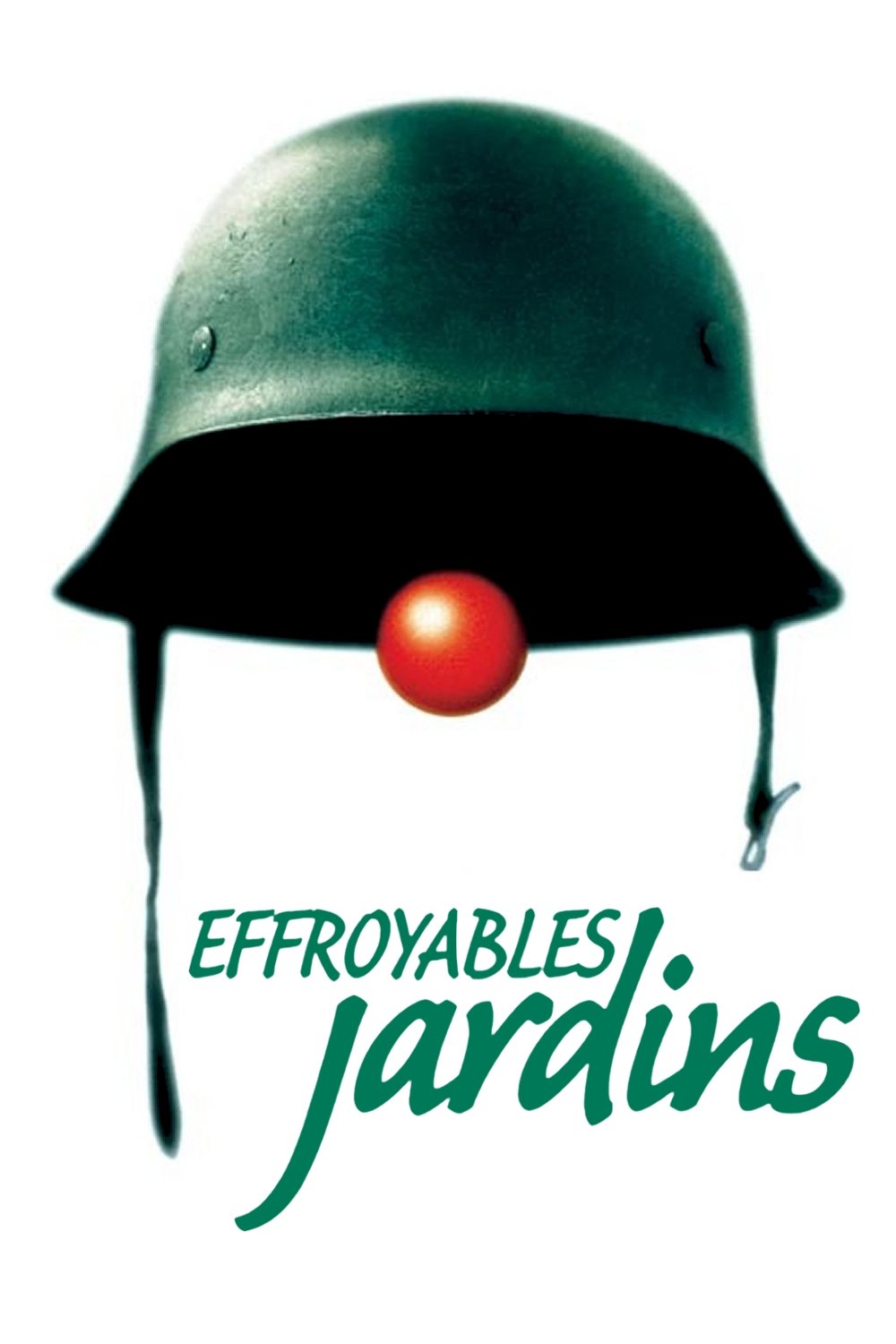
Lucien, 14, can’t understand why his father, a serious and respected teacher, makes a fool of himself by dressing up as a clown and giving a show. André, Lucien’s father’s best friend, feels for the teenager and decides to reveal something from their mutual past that will explain the reason for Lucien’s father’s strange behavior.
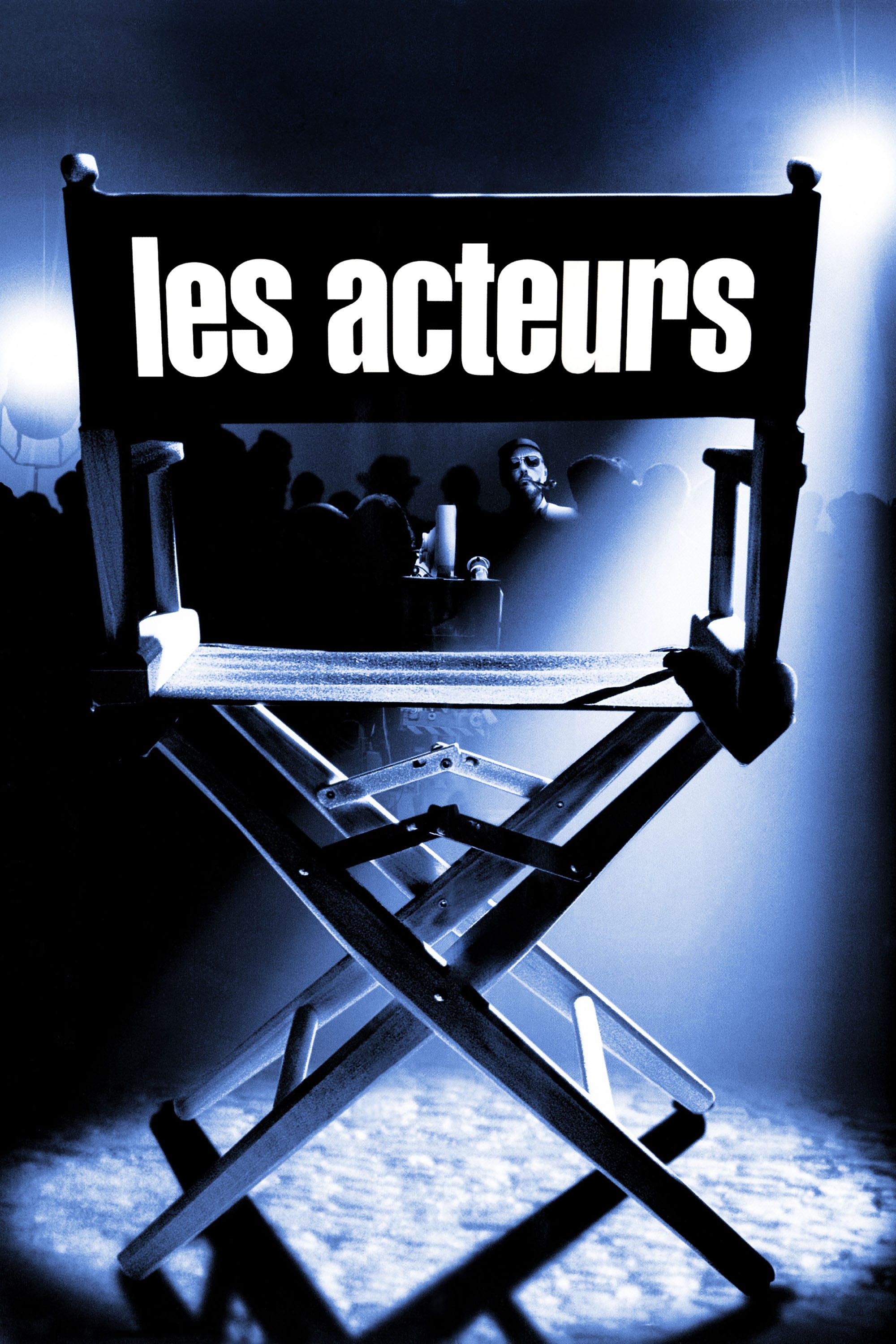
Les Acteurs is the absurd story of Jean-Pierre Marielle desperately waiting for a cup of hot water, the story of a conspiracy against actors, the story of aging actors whose careers are slowly less active than they used to be, but a stunning tribute to French actors and their cinema.
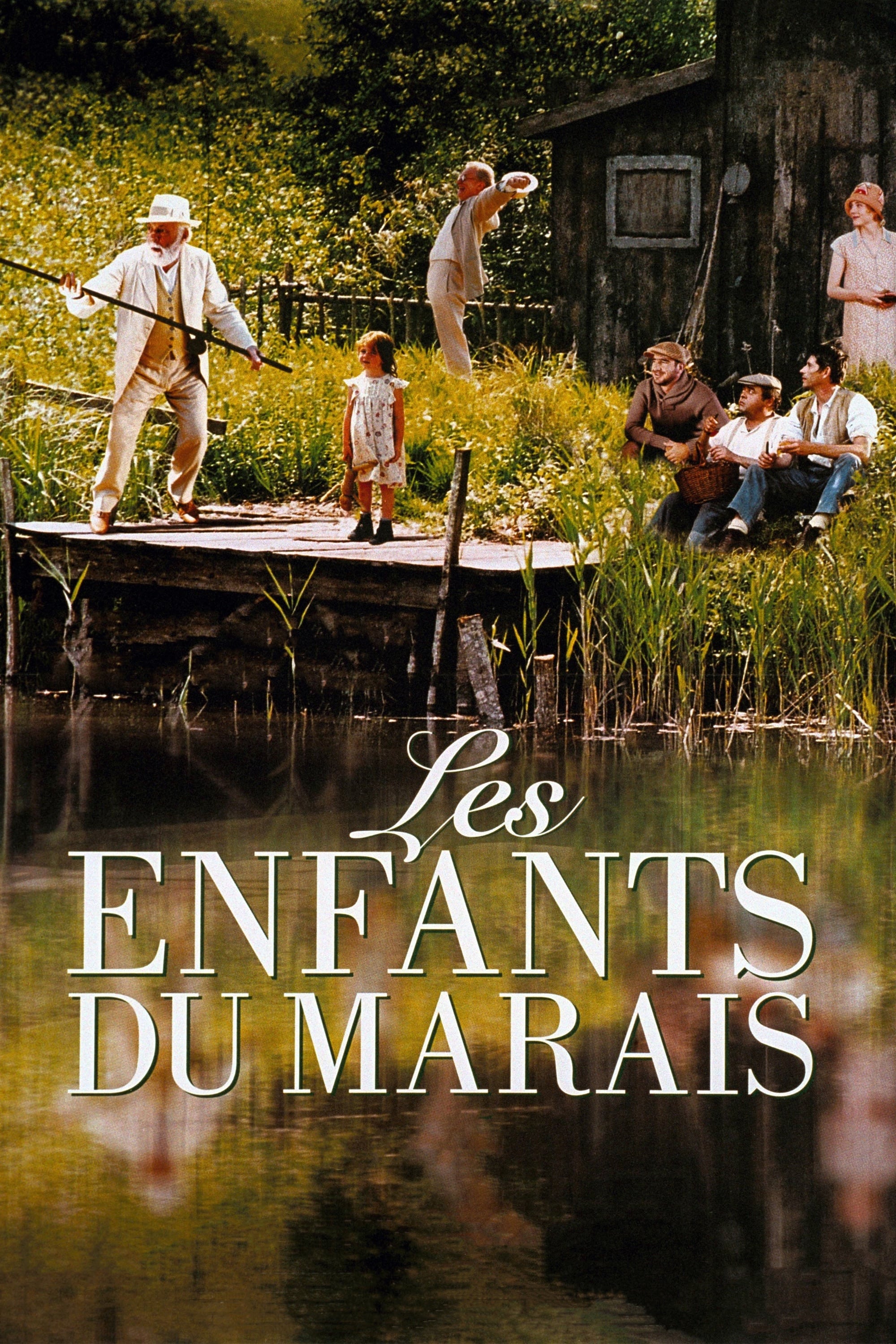
The film is set in Marais, a quiet region along the banks of Loire river in 1918. Riton is afflicted with a bad-tempered wife and three unruly children. Garris lives alone with his recollections of World War I trenches. Their daily life consists of seasonal work and visits from their two pals: Tane, the local train conductor and Amédée, a dreamer and voracious reader of classics.
Jacques Villeret (6 February 1951 – 28 January 2005) was a French actor, best known internationally for his role as François Pignon in the comedy Le Dîner de Cons. During his career, he earned many awards including the prestigious medal and title of Chevalier de la Légion d'Honneur. Villeret was born Jacky Boufroura in Loches, Indre-et-Loire, France, to an Algerian father and a French mother. He studied at the Conservatoire de Paris (CNSAD) in the same class as Louis Seigner, the grandfather of Emmanuelle Seigner and Mathilde Seigner. While he was most famous for his role as François Pignon in Le Dîner de Cons; both on the stage and in the film, his other celebrated roles included the extra terrestrial in La soupe aux choux, the autistic Mo in L'été en pente douce, and marshal Ludwig von Apfelstrudel in Papy fait de la résistance. At the time of making the film Un aller simple directed by Laurent Heynemann – a film about integration and racism and the clash of generations – he said that watching the young actors in the film, Barbara Schulz and Lorant Deutsch, reminded him of the insouciance he had had as a young man with his friends at the Conservatoire. When his career was at its height, with the success of Le Dîner de Cons, everything collapsed in a tragedy mirroring the plot of the film. Villeret separated from his wife and suffered an enormous financial downfall due to tax issues, plunging him into depression. Villeret turned to alcohol for comfort, and became an alcoholic. He isolated himself and hid away for long periods. He later said: Alcohol is a friend, but a friend who means you harm. Villeret's love of his profession helped to bring his career back from the brink. In an interview in 2001 he spoke of his admiration for performers like Johnny Hallyday and Jacques Brel for their level of commitment, and quoted the author Louis-Ferdinand Céline: When I write, I put my balls on the table. In 1979 Villeret married Irina Tarassov, an actress and writer. They separated in 1998. Tassarov wrote about their life together in her book Un jour, tout ira bien. (One day, everything will go well). In 2002 Villeret met Seny, a Senegalese-French widow descended through her grandfather, Mor Diarra N'Dao, from a long line of Sérès nobles of the ancient Kingdom of Saloum, and they fell instantly and deeply in love. They were partners for three years, and she was about to move to Paris to be with him when he died in Évreux in January 2005 of a liver haemorrhage. Seny wrote a memoir of their life together, Jacques Villeret, mon bébé blanc, which was published in Paris by Le Cherche Midi in 2005. Source: Article "Jacques Villeret" from Wikipedia in English, licensed under CC-BY-SA 3.0.
By browsing this website, you accept our cookies policy.